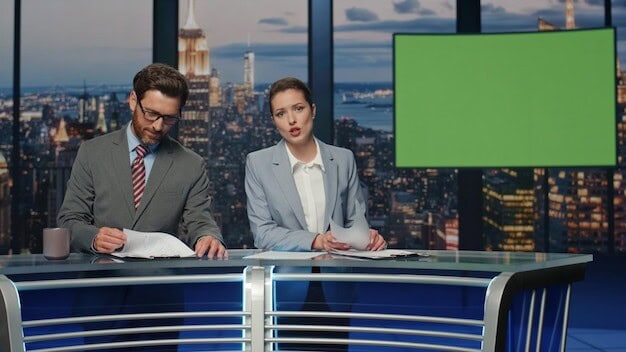
Estimated reading time: 6 minutes
Key Takeaways
- Horsham residents have until 29 September 2025 to influence the shape of a potential new town council.
- Topics include ward boundaries, service delivery models, and acceptable council tax levels.
- Participation options range from online surveys to in-person meetings.
- A move to a unitary authority model could centralise decision-making but raises local-representation concerns.
- Community engagement is essential to ensure proposed changes truly reflect residents’ priorities.
Table of contents
Background
In 2024, Horsham District Council embarked on a comprehensive community governance review to explore forming a dedicated Horsham Town Council. Part of that review examines shifting to a unitary authority model, which would place most local-government functions under a single body. Proponents argue this could streamline decision-making; critics worry about losing neighbourhood nuance.
“This restructuring aims to create a more efficient and responsive local government, but it’s crucial that it reflects the unique needs of Horsham residents.”
Details of the Consultation
Running from 14 August – 29 September 2025, the second consultation phase drills down into four headline areas:
- Governance structure and powers
- Ward boundary proposals
- Council tax implications
- Management of local services & assets
Feedback gathered during the first round revealed strong interest in keeping services local and transparent. This phase probes deeper, asking residents to rank service priorities and acceptable tax levels.
Resident Engagement
Getting involved is straightforward:
- Online surveys—open 24/7 until the deadline
- Public meetings—dates & venues coming soon
- Paper feedback forms—distributed via local leaflets
Questions? Email committeeservices@horsham.gov.uk or call 01403 215465.
Potential Governance Changes
If approved, a new Horsham Town Council would sit alongside or replace existing structures, depending on whether the unitary authority route gains traction. Neighbourhood councils are also on the table, promising hyper-local representation.
Supporters envision:
- Quicker decision-making
- More tailored services
- Clearer accountability
Yet challenges—such as funding redistribution and staff re-allocation—remain unresolved.
Impact on Services & Council Tax
Service quality tops many residents’ wish-lists. The council is exploring new delivery models that could, for instance, prioritise park maintenance or invest in youth programmes. Funding such ambitions inevitably leads to the council tax question.
During the first consultation, feedback on acceptable tax rises varied widely—some called for a modest increase to improve services, while others preferred a freeze. Round two asks residents to pinpoint where, if anywhere, they would accept paying more.
Why Public Consultation Matters
History shows Horsham’s most successful initiatives—such as the town’s Green Spaces Strategy—grew from robust public dialogue. By contributing now, residents can ensure any new governance model safeguards local identity and delivers real benefits.
Implications for Residents
- Greater control over priorities like street cleaning, leisure facilities, and planning consultation
- Potential service disruption during transition phases
- Possible adjustments in council tax bills
When weighing these factors, residents should consider both immediate impacts and long-term community gains.
Conclusion
The second consultation offers a pivotal platform for Horsham citizens to carve out their town’s governance future. Whether you favour a leaner unitary structure or a council that keeps every neighbourhood voice at the table, your feedback will steer the final decision. Make your voice heard before 29 September 2025.
FAQs
Why is a second consultation necessary?
The first round identified broad themes; this phase seeks detailed resident input on ward boundaries, taxation, and service priorities.
Will forming a town council automatically raise my council tax?
Not necessarily. The council is exploring funding models, and resident feedback will guide acceptable tax levels.
How do I submit feedback if I cannot attend a public meeting?
Complete the online survey, email your comments, or return a paper feedback form.
What happens after 29 September 2025?
Results will be analysed and presented to Horsham District Council, which will then decide whether and how to implement the proposed changes.
Where can I read more about unitary authorities?
Visit the Local Government Association’s website or consult council briefing papers, available upon request from the committee services team.

